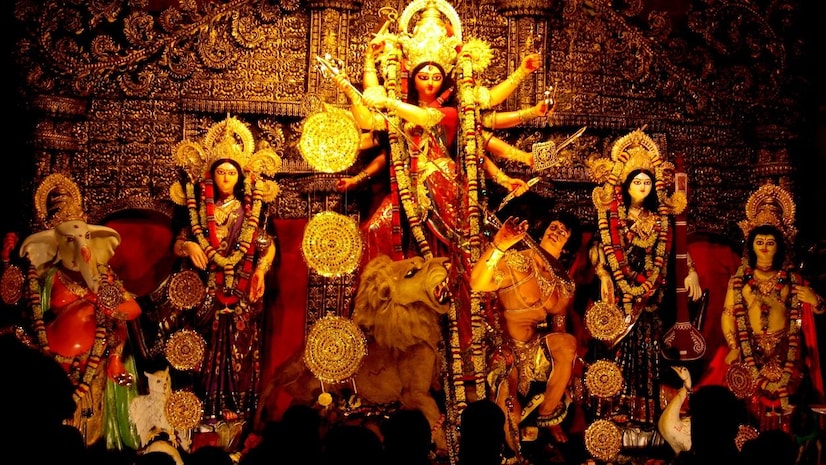No products in the cart.
How to observe fast for 9 days during Navratri? Quickly Check out
The festival of Navratri holds special significance in Hinduism. It is a time of worship of Goddess Durga for nine days, in which devotees fast and worship to receive blessings from Maa Durga. It is important for devotees observing Navratri fast to follow some rules so that the fast is completely successful and the blessings of the Goddess can be obtained. Let’s know what to do and what not to do during the fast:

List of what devotees should do
- Physical and mental hygiene is very important during the fast. Take a bath every day worship and keep your house clean.
- Consume fruits, milk, buckwheat flour, water chestnut flour, sago, and rock salt during the fast. It helps in maintaining purity along with providing energy to the body.
- Maintain a clean and pure environment in the kitchen while preparing food. Maintain positive thinking during the fast. Stay away from negative thoughts and spend time in meditation, bhajan, and kirtan.
- Traditionally, the fast is broken by eating fruits, which helps the stomach to eat solid food.
List of things devotees should not do
- Avoid all types of grains and flour during the nine days of fasting. Consumption of non-vegetarian food, garlic, and onion is prohibited during Navratri fasting. These increase the Tamoguna and Rajoguna in the body, which can affect the purpose of the fast.
- Avoid alcohol completely to maintain spiritual purity. Also, do not cut your nails or hair on fasting days.
- Do not use mustard oil during the fast. Desi ghee or peanut oil can be used as an alternative.
- Devotees should not take naps during the day while observing the fast. The purpose of the fast is to achieve physical and mental purity. Avoid anger, laziness, and negativity. Remain calm and restrained.
- Avoid lifting heavy weights or rigorous exercise to save energy. Light activities are acceptable.
- The fast is a time of restraint and tolerance. Do not abuse or use abusive language with anyone. Maintain respect and honor towards everyone.








